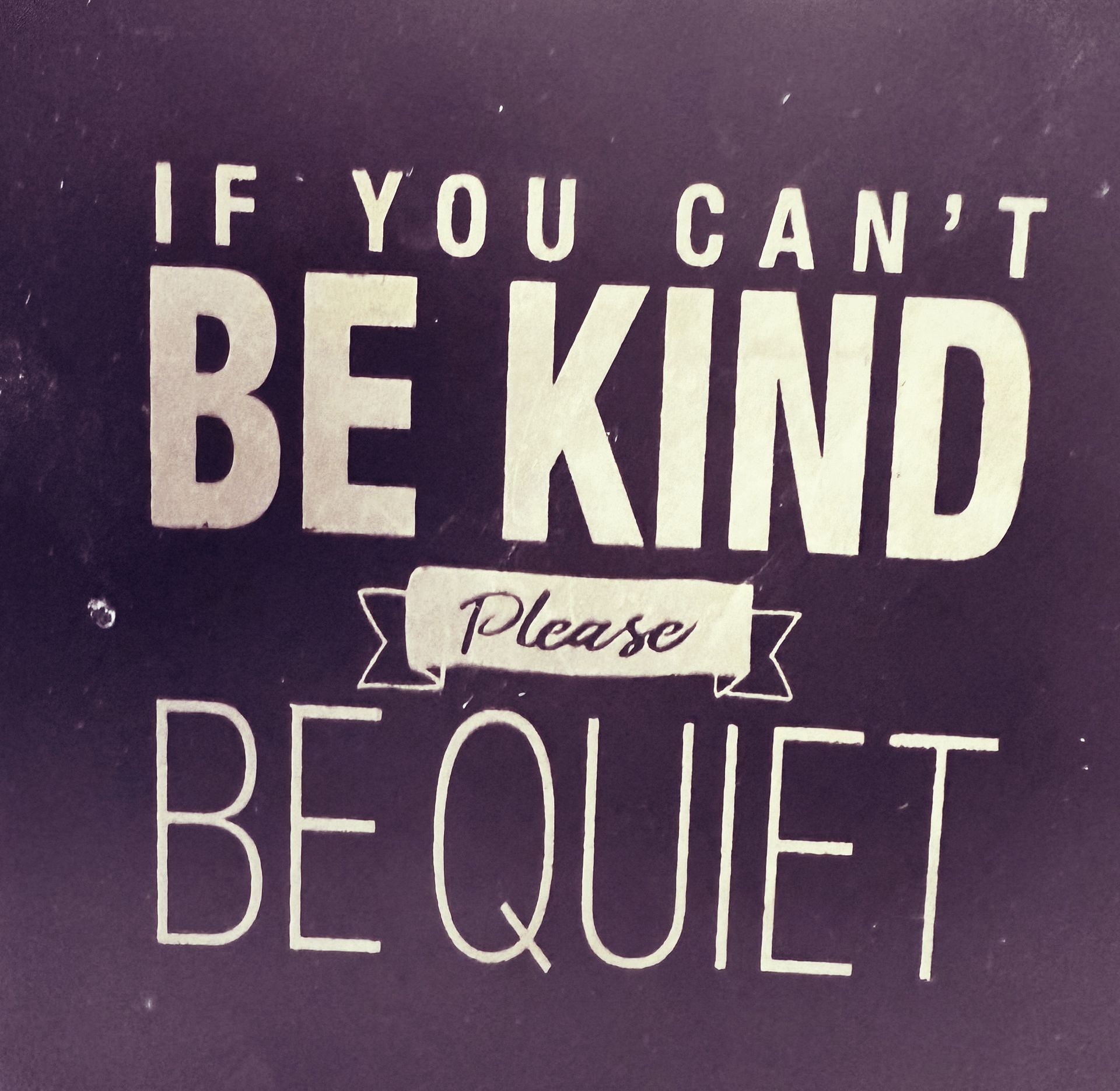April 5, 2024|#NTFTS
When I started out thinking about the concept for NTFTS (No Time For That Sh*T) as a book, I never thought it would be as far-reaching as it has. What started out as thinking about the little things that can compound and get in the way of success everyday or the unplanned chaos that can throw a day off has spiraled into conversations and awareness that I never imagined. This week's topic that I literally have NO TIME FOR - Work-related toxicity.
As I speak to people about the things that they would love to just push out of their day and that they consider a complete waste of time; it amazes me how many people talk about work. The word itself; "work", by definition would lend one to fairly assume that when one is performing an act of work that it would, or at least SHOULD be, well, productive? In so many cases, I have had conversations with peers, family, friends and colleagues both above and below my level of education and status who report wasted time, effort and interest in their daily work for some reason or another. How many times do we hear about "dreading Monday", "hump day" and "TGIF"? But has anyone really stopped to think is it merely the idea of having to work that is so dreadful or is it something else?
Likely, any one of us who is dreading Monday or the start of a shift, knows exactly what we are dreading. Is it a specific person's attitude? Understaffed departments? Harassment? Poor working conditions? Lack of leadership, support, coaching or are we being micromanaged? Is the company disorganized or are there no platforms for change and idea sharing? Is nepotism and favoritism allowed? Is inequity ignored or tolerated? Are there passive aggressive co-workers in the department, or worse, bullies in leadership roles? Is pay fair, enough, transparent? Are job roles clear and expectations reasonable?
Coming from a person who would stay late and come in early, leaving only when the job was done, its easy to see how employees with solid work ethics are easily burnt out or stretched thin in these types of environments. I would trick myself in believing that if I stayed late catching up on the day's work I wouldn't get behind tomorrow. In reality, whatever could not be completed in that day becomes the next day's work. An 8-hour workday or 12-hour workday is still and 8- or 12-hour workday and can only cover what can be fit in it. Staying at work late to finish doesn't magically mean that you "got it all done in one day". What it does mean is that you chose to sacrifice your sacred personal time, self-care time or time that you could be investing in other things for personal or professional development.
Toxic work environments are those that overtly or covertly commend extra hours, added assignments and ignore the workloads of their staff. These toxic situations do not allow for free exchange of ideas and stifle progressive discussion when there are concerns. Toxicity breeds poor productivity, less satisfied staff and generally carries over to end outcomes (customer satisfaction or end product). Turnover is generally high and training is generally unstandardized and mismanaged. When monitored over time, similar to a poison (or toxin), those that enter these environments come in healthy and slowly become "ill", demonstrating the signs and symptoms of the plague of the toxicity in the environment.
So what does toxicity in the workplace have to do with your time? Well, your time can be controlled and compartmentalized in correlation to what makes you happy. Whether salaried or hourly, most employers, contracts and labor terms include definitions of the work day/week. Become familiar with these and the expectations of your role. It is possible to be an exemplary employee and exceed expectations within the hours of the workday. Once you know these expectations, start to say #NTFTS. Well, professionally, no. If you don't have time for that sh*t, simply professionally decline and commit to using your time for the things that make you happy. Here is how I have managed some of the sh*t I have been asked and committed to cleanse the toxins in my own workplace (and personal life!):
Question: "Could you get that report to me by end of day? (I leave at 4pm and its 3:30pm, report would take about 2 hours)
Thought in my head: "I have NO time for that SH*T"
Response: "I can have that report completed by 10am tomorrow."
Question: "I'm going to need you to meet with customers from the northern region and let them know that their accounts will be changing to explain terms."
Thought in my head: "This is NOT my role and I have NO time for that SHI*T".
Response: "I would be willing to help facilitate getting this done. Since this is not my area of expertise, how can I assist in connecting the northern customers with the right person to explain this information to them?"
Question: "We are down a representative today, could work later or stay a second shift?"
Thought in my head: "I have ABSOLUTELY NO TIME FOR THAT SH*T".
Response: "I am sorry to hear that the department is not adequately staffed. I have another commitment and am unable to stay.
Your time is your way of maintaining control of your boundaries. Toxicity in the workplace can absorb time, well-being and productivity. By making decisions about what actual time you will spend both at the workplace and on certain tasks you are able to maintain control of the levels of toxicity to some degree. If you don't have time for something, say so. If you don't have time for a task in the sense that your values or responsibility does not align with that ask, find a way to communicate that you don't have time for that sh*t because you have your actual job to do within the time you have to do it! Fitting this in simply is not possible.
(*Disclaimer - Bobbi Rose is not a labor lawyer nor does she provide labor or workplace legal advice. Should you have questions about your legal workplace rights, roles or responsibilities or laws governing your workplace please seek professional legal counsel.)


